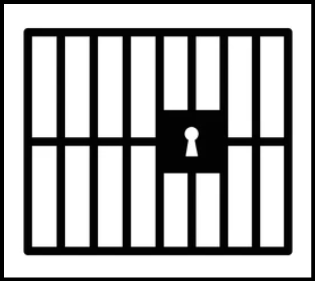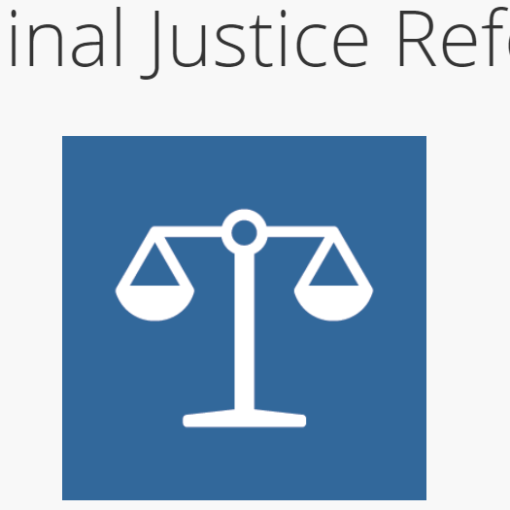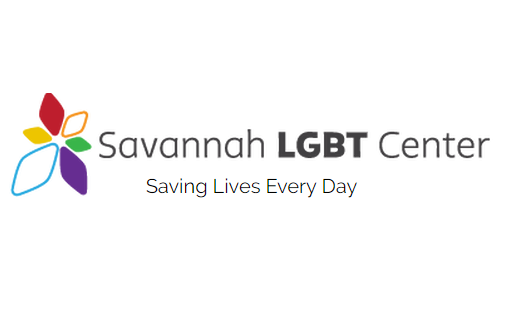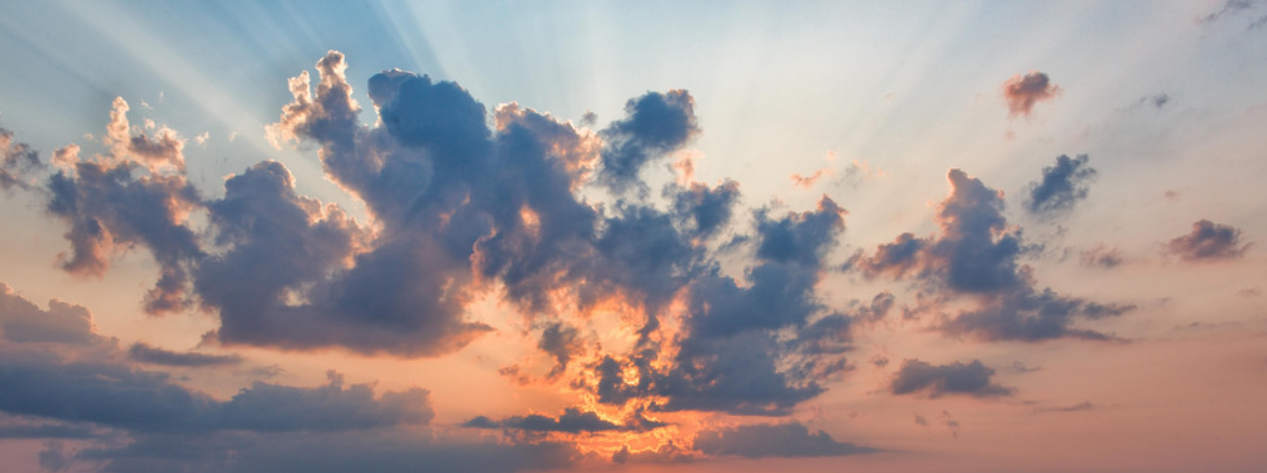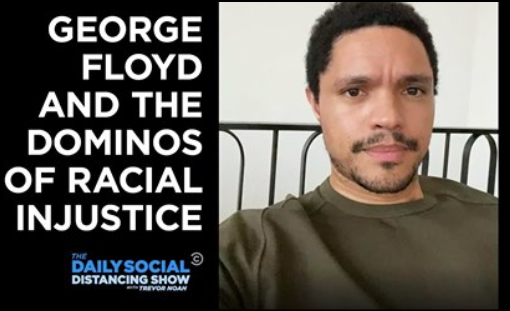Many people know that the United States, with only five percent of the world’s population, incarcerates approximately 25% of those imprisoned worldwide. But they may not realize that Georgia leads the pack on many measures.
Currently Georgia ranks as the number one state for the amount of people under supervision, whether that is in prison, jail, parole, or probation. If we examine the number of residents in jail per 100,000 people by state, New Mexico and Georgia are at the top of the list. Georgia also holds the most incarcerated of the 252 jails where the federal government houses suspected illegal immigrants.
We have approximately 53 thousand inmates in state prisons, 25% more prisoners than all of Canada, a country of 37 million. Georgia’s prison population has grown by more than 400% since 1982.
A bit of history on how mass incarceration became a phenomenon. Between 1990 and 2005 fear of crime was widespread. In response, California passed what was known as the “Three Strikes” law. The law stated that any person with two prior violent or serious felony convictions, who again committed a felony of any type, must receive a life sentence with a minimum imprisonment of 25 years. Its prison population exploded and some 3700 Californians guilty of three felonies, none of them violent, are now serving 25 years to life.
Not to be outdone in the tough on crime derby, Georgia passed “two strike” legislation, effectively making a second offense of a serious felony result in a life sentence. Of course, like California, Georgia’s prison population soared.
This fear of rampant crime in the 1990’s and 2000’s also resulted in legislation requiring judges to abide by mandatory minimum sentencing. No longer could judges consider extenuating circumstances and go below these guidelines. Convictions inched up in length and those threatened with lengthy sentences often pled guilty to avoid the risk of extended jail time. The result — more prisoners and more with long sentences.
The war on drugs certainly contributed to mass incarceration. Although countless studies have shown that drug use is the same in black and white populations, black communities have been the focus of police attention. In the United States black males are six times more likely to be imprisoned than white men, and the great majority of black imprisonment is drug related. Sixty-two percent of Georgia’s state prison population is black while, according to the 2010 U.S. Census, only 30% of Georgians are black.
Lack of national and state mental health services also fuel our imprisoned populations. Experts estimate that 20 to 25% of those incarcerated are seriously mentally ill. Calculating from those figures means there are roughly 356,000 people with serious mental illness behind bars nationwide. This is ten times more than the number with serious mental illness residing in state hospitals. No other country in the developed world comes anywhere close to these numbers. Extrapolating these numbers to the local level, it is likely that Georgia has roughly 16,000 seriously mentally ill individuals confined in its jails and prisons.
These factors, plus high recidivism rates, have given our country, and Georgia in particular, the dubious distinction of having the highest incarceration rate in the world for our country and the highest or near highest imprisonment rate for our state. It’s time our citizens and legislators work to remove this deplorable blemish.
https://www.ajc.com/news/local/georgia-deportation-jail-largest-nation/FEl5Bp8jdy3oOHRXBAjx5I/
https://georgiaopportunity.org/assets/2014/10/GCO-prisoner-reentry-fact-sheet-2014.pdf
https://phys.org/news/2017-11-children-criminal-parents-greater-chance.html
Dreisenger, B. Incarceration Nation, Other Press, New York, NY, 2016.

